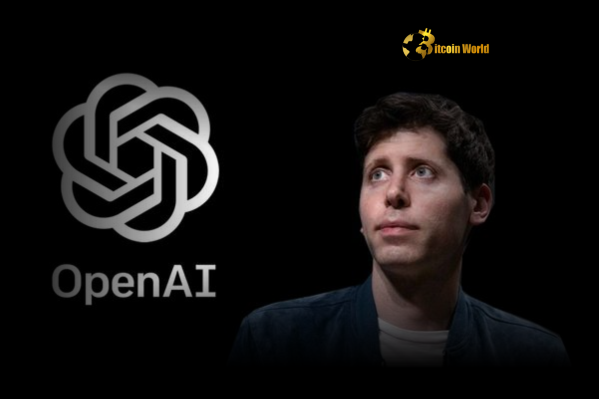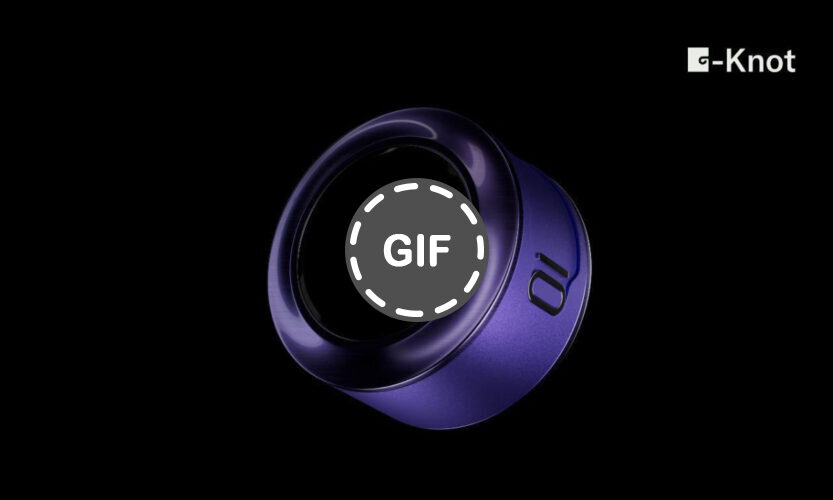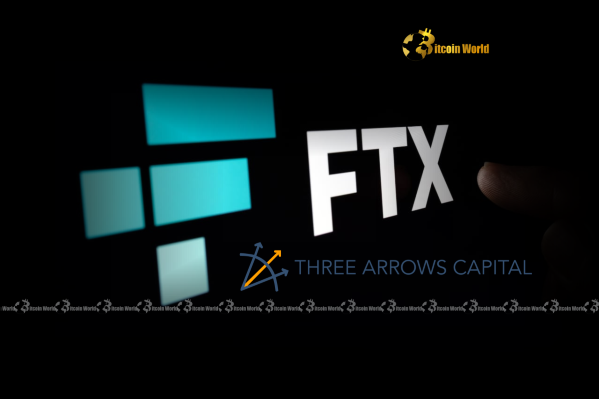BitcoinWorld

ChatGPT: Revolutionary AI in Parenting, Sam Altman Shares Experience
In the rapidly evolving landscape of technology, Artificial Intelligence is touching nearly every aspect of our lives, sometimes in unexpected ways. For those tracking the advancements from companies like OpenAI, led by figures such as Sam Altman, the integration of AI into daily routines is a familiar concept. However, few might have predicted its entry into the age-old challenge of raising a newborn. Sam Altman, recently a new father, shared how he leaned on ChatGPT during the initial weeks of parenthood, offering a unique glimpse into the potential role of AI in this fundamental human experience.
Sam Altman’s Experience with AI in Parenting
Becoming a parent is a transformative experience, often accompanied by a flood of questions and uncertainties, especially during the first few months. Sam Altman, CEO of OpenAI, openly discussed his personal journey into fatherhood on a recent company podcast. Describing himself as “extremely kid pilled,” Altman revealed he turned to ChatGPT “constantly” during the early weeks with his newborn son. His initial queries focused on understanding the immediate behaviors of the baby – presumably the myriad reasons behind crying, feeding patterns, and sleep challenges that plague new parents globally. As his son grew slightly older and more settled, the nature of his questions shifted towards broader topics concerning children’s developmental stages.
Altman acknowledged the historical context, stating, “Clearly, people have been able to take care of babies without ChatGPT for a long time.” Yet, he added, “I don’t know how I would’ve done that,” highlighting the perceived utility the AI provided him.
AI in Parenting: The New ‘Googling’?
Altman’s reliance on ChatGPT for parenting advice isn’t entirely novel. For decades, parents have frantically searched online for answers to urgent questions about their children’s health, behavior, and development. This frantic searching, often late at night, has led many down internet rabbit holes filled with conflicting information. Artificial Intelligence, in this context, can be seen as the next evolution of this behavior. Instead of sifting through countless forum posts, blog articles, and medical websites, a parent can ask a single, conversational interface like ChatGPT for a summarized answer.
However, this convenience comes with its own set of considerations. The challenge of AI “hallucinations” – instances where the model generates incorrect or nonsensical information – remains a significant concern. Relying heavily on an AI for critical advice, especially concerning a vulnerable infant, raises important questions about accuracy and trust. Yet, as the original article points out, parents are already navigating a minefield of questionable online sources, from anonymous forums to social media groups promoting unverified practices. Is consulting ChatGPT fundamentally riskier than taking advice from a stranger online who insists on moon-phase-based bedtimes? This comparison suggests that while the technology is new, the challenge of discerning reliable information in the digital age is not.
The Future: Children Growing Up with Artificial Intelligence
Beyond parents using AI, a perhaps more profound implication discussed by Altman is the reality of children growing up in a world where extremely smart Artificial Intelligence is commonplace. Altman recalled a video of a toddler trying to interact with a magazine as if it were a tablet screen, illustrating how quickly children adapt to new technologies and expect them to function in certain ways. Children born today will likely view sophisticated AI as a natural part of their environment.
The discussion touched upon instances of children directly interacting with AI. Former OpenAI science communicator Andrew Mayne shared an anecdote about a parent using ChatGPT‘s voice mode to engage his child on a topic the parent was tired of discussing – Thomas the Tank Engine. The child reportedly talked to the AI for an hour. Altman noted, “Kids love voice mode.”
This raises a new set of questions, reminiscent of the ongoing debates around screen time and the impact of digital media on child development. While existing children’s media is typically created by human teams with some level of pedagogical consideration, AI models like ChatGPT are not specifically designed for young children and lack vetted parental controls. OpenAI‘s own policies recommend users be over 13.
Navigating the Challenges and Potential of OpenAI’s Technology
Sam Altman is acutely aware that the integration of powerful AI into society, including into personal spheres like parenting and childhood, will not be without its challenges. He stated, “It’s not all going to be good. There will be problems.” A significant concern he highlighted is the potential for users, including children, to develop “somewhat problematic, or maybe very problematic parasocial relationships” with AI models. Society, he believes, will need to figure out new guardrails to address these emerging issues.
Despite these risks, Altman remains optimistic about the overall trajectory. As the head of a company investing billions into advancing AI capabilities, he maintains a focus on the potential upsides. “The upsides will be tremendous!” he asserted, expressing confidence that “Society in general is good at figuring how to mitigate the downsides.” This perspective underscores the ongoing tension between the rapid innovation in Artificial Intelligence and the slower process of societal adaptation and regulation.
Conclusion: AI’s Evolving Role in the Family
Sam Altman‘s personal anecdote about using ChatGPT for parenting advice offers a relatable, if perhaps surprising, example of how AI is beginning to permeate the most intimate parts of our lives. While the concept of using AI in Parenting might initially sound like something out of science fiction, it highlights the practical ways people are already leveraging these tools. Like any technology, AI presents a dual nature: immense potential for assistance and learning, alongside significant risks related to accuracy, dependence, and unforeseen psychological impacts, particularly on developing minds.
As OpenAI and other companies continue to push the boundaries of Artificial Intelligence, the conversation about its appropriate role in raising children and supporting parents will only grow more critical. Altman’s experience serves as a reminder that these are not just abstract technological advancements; they are tools that will increasingly shape daily life, requiring careful consideration, societal dialogue, and the establishment of new norms and safeguards.
To learn more about the latest AI market trends, explore our article on key developments shaping AI features.
This post ChatGPT: Revolutionary AI in Parenting, Sam Altman Shares Experience first appeared on BitcoinWorld and is written by Editorial Team





